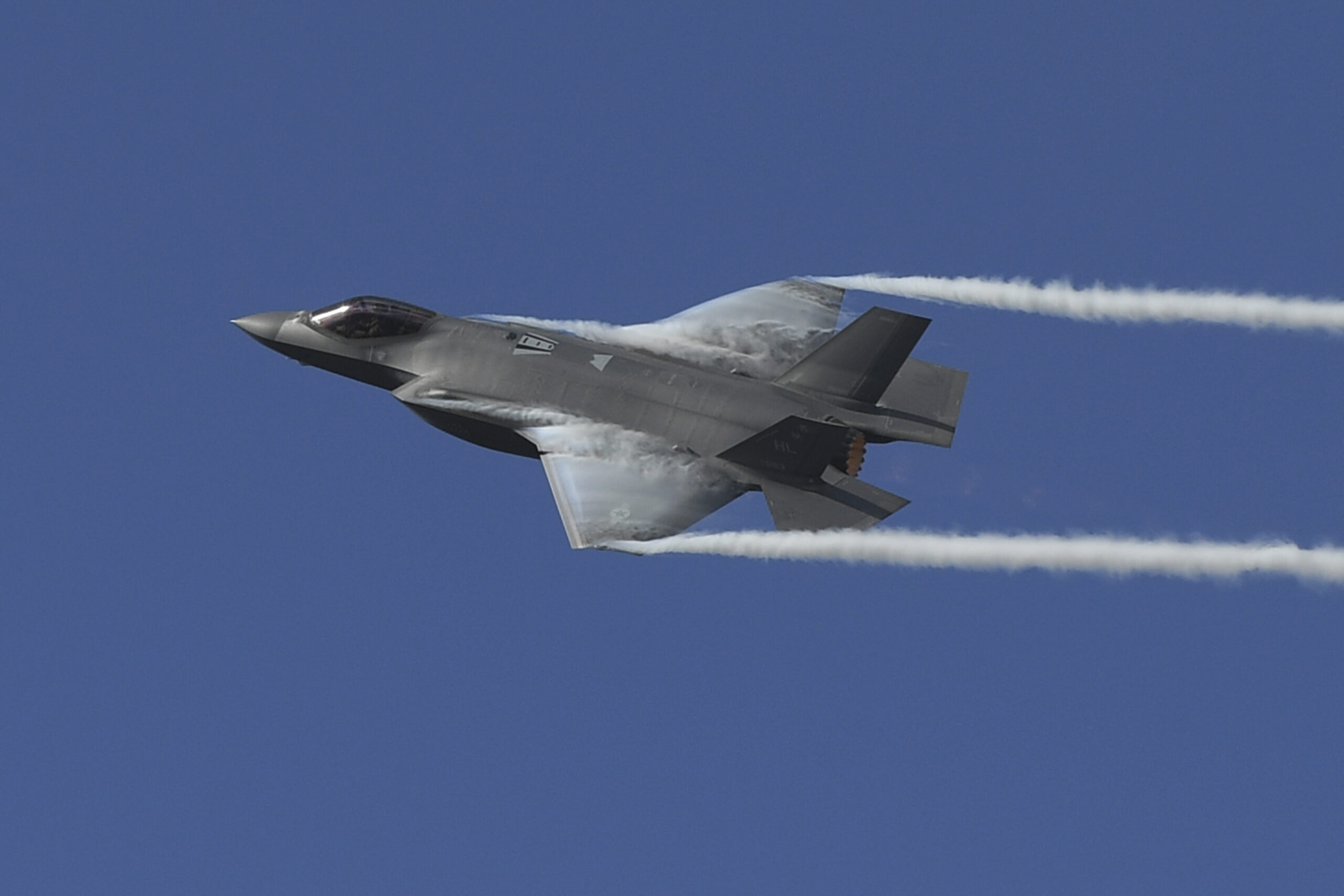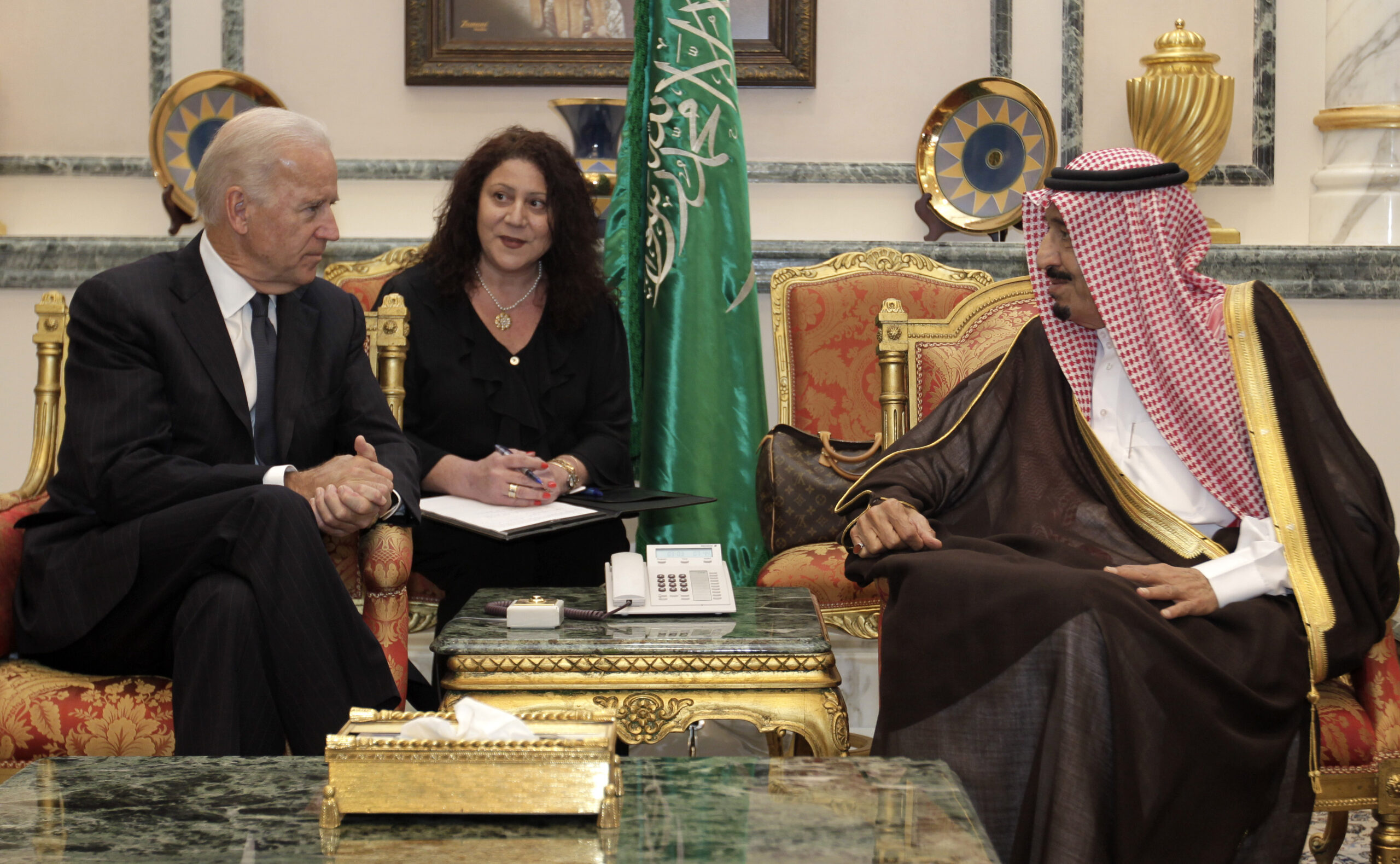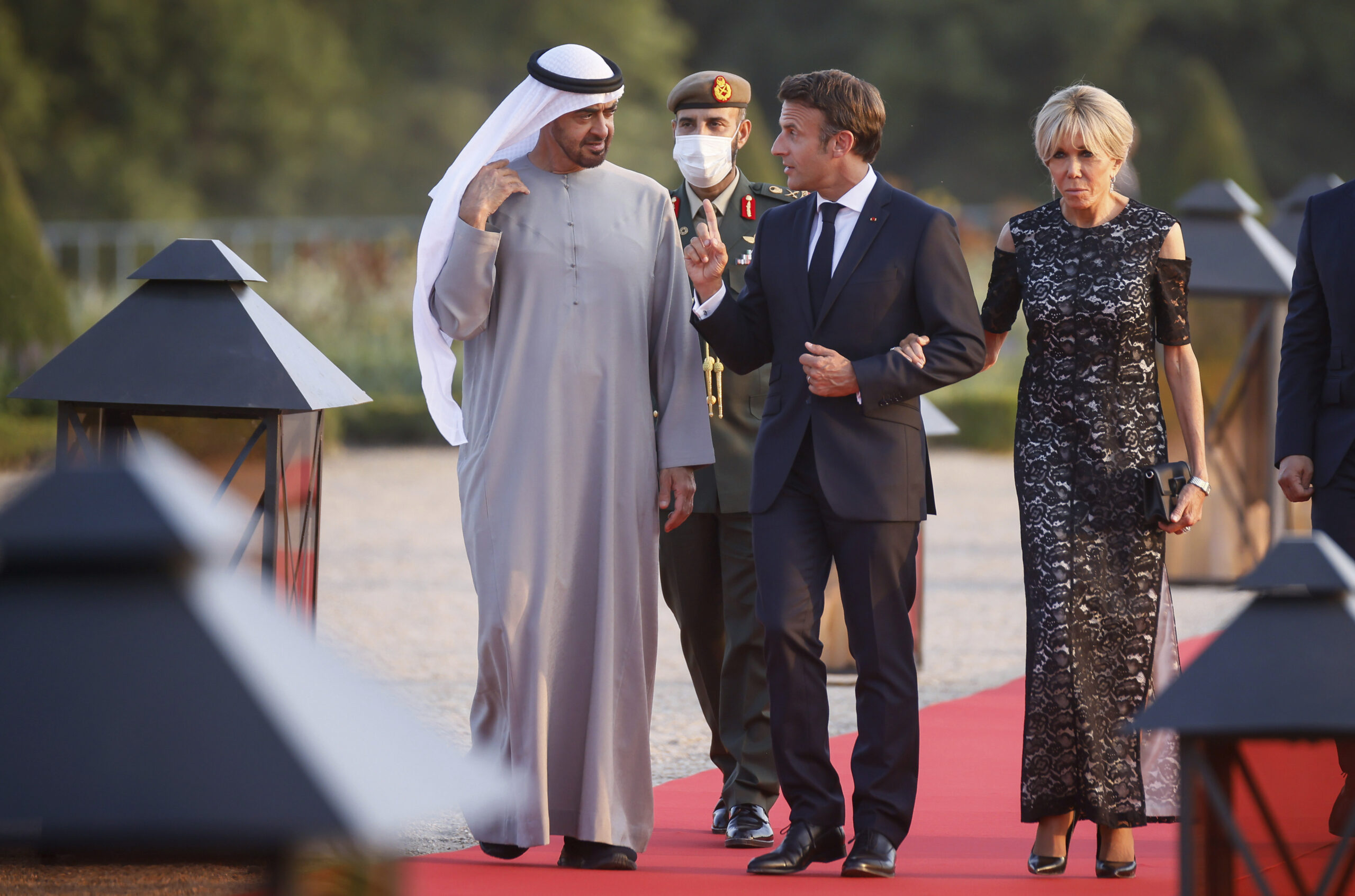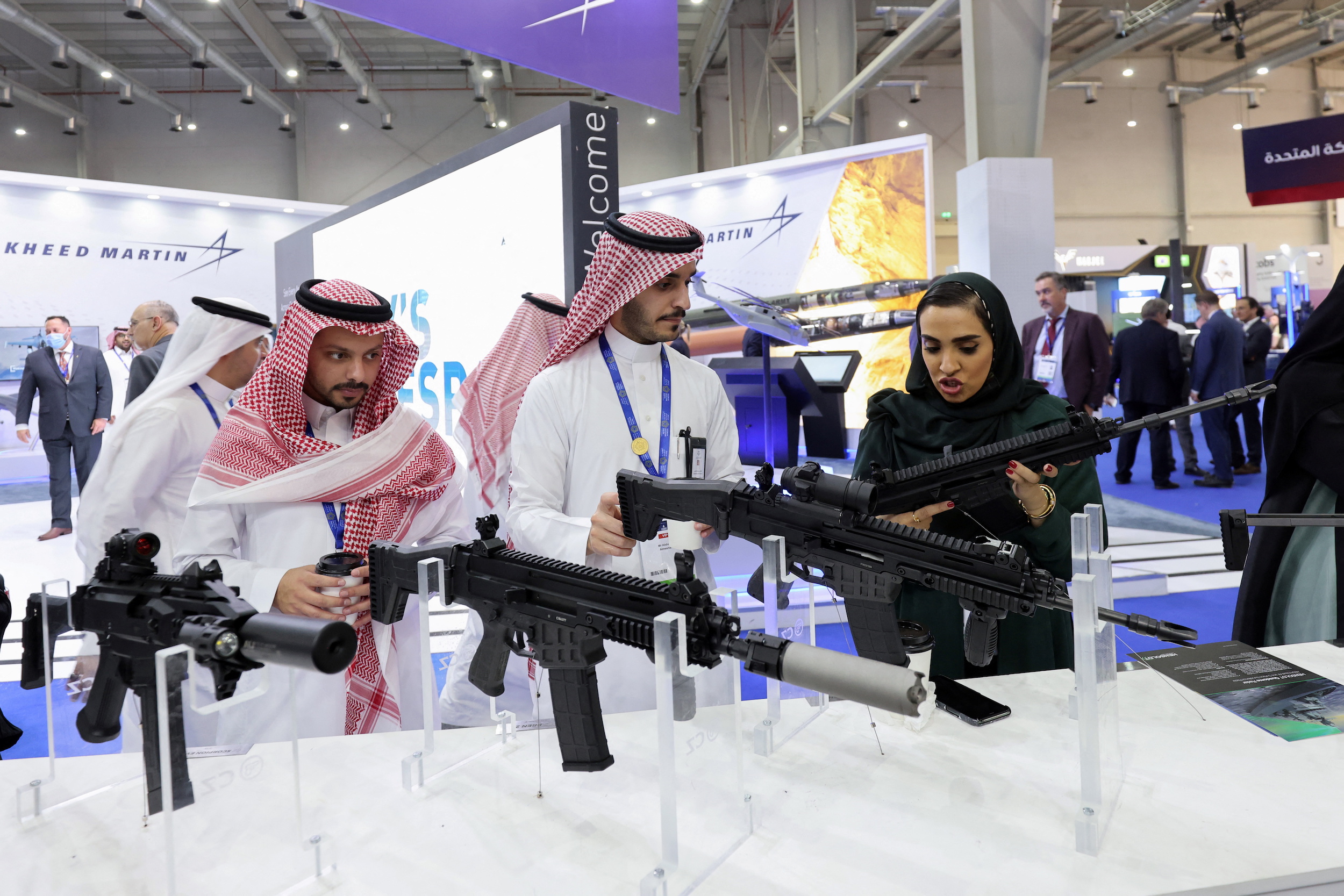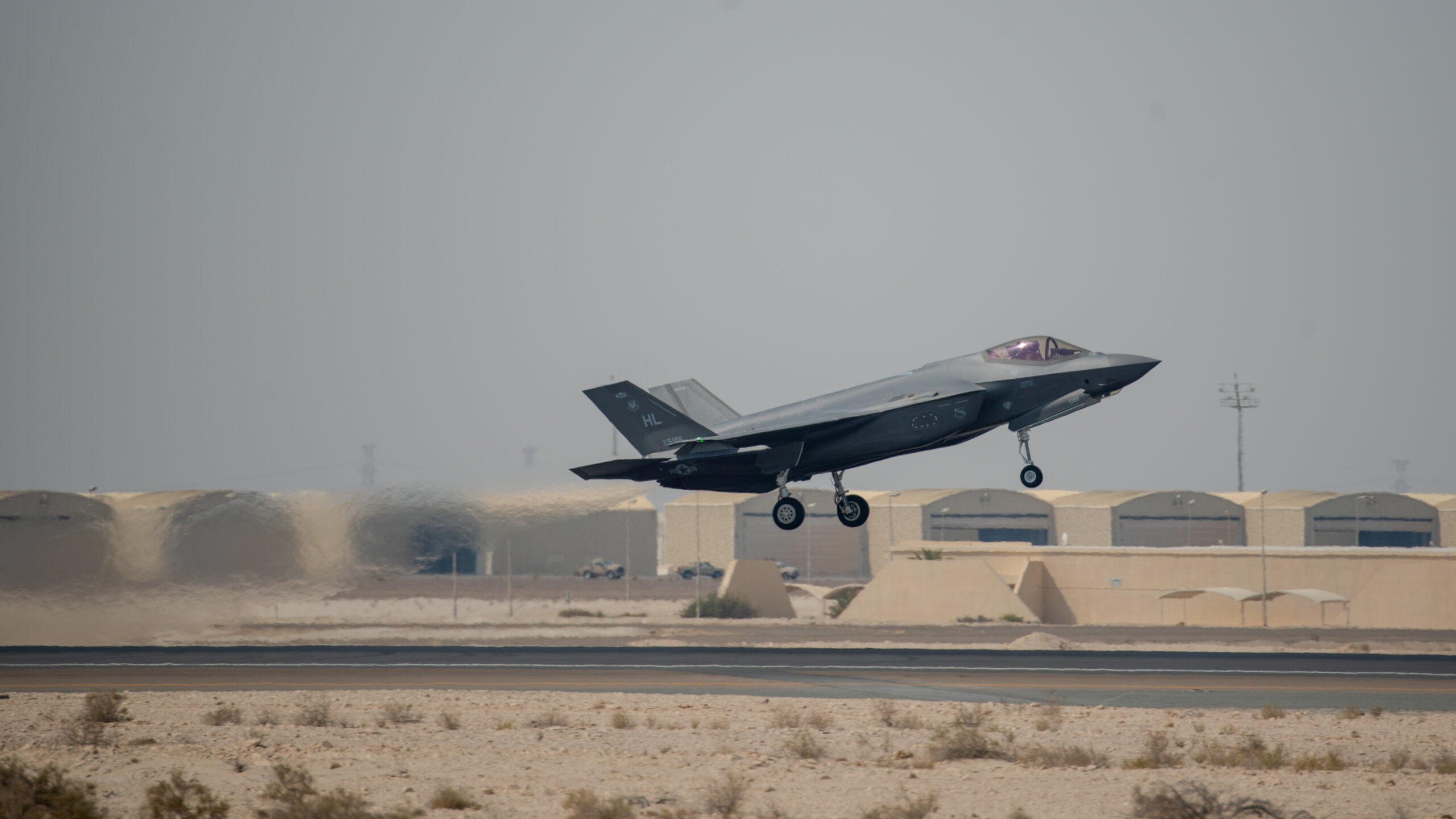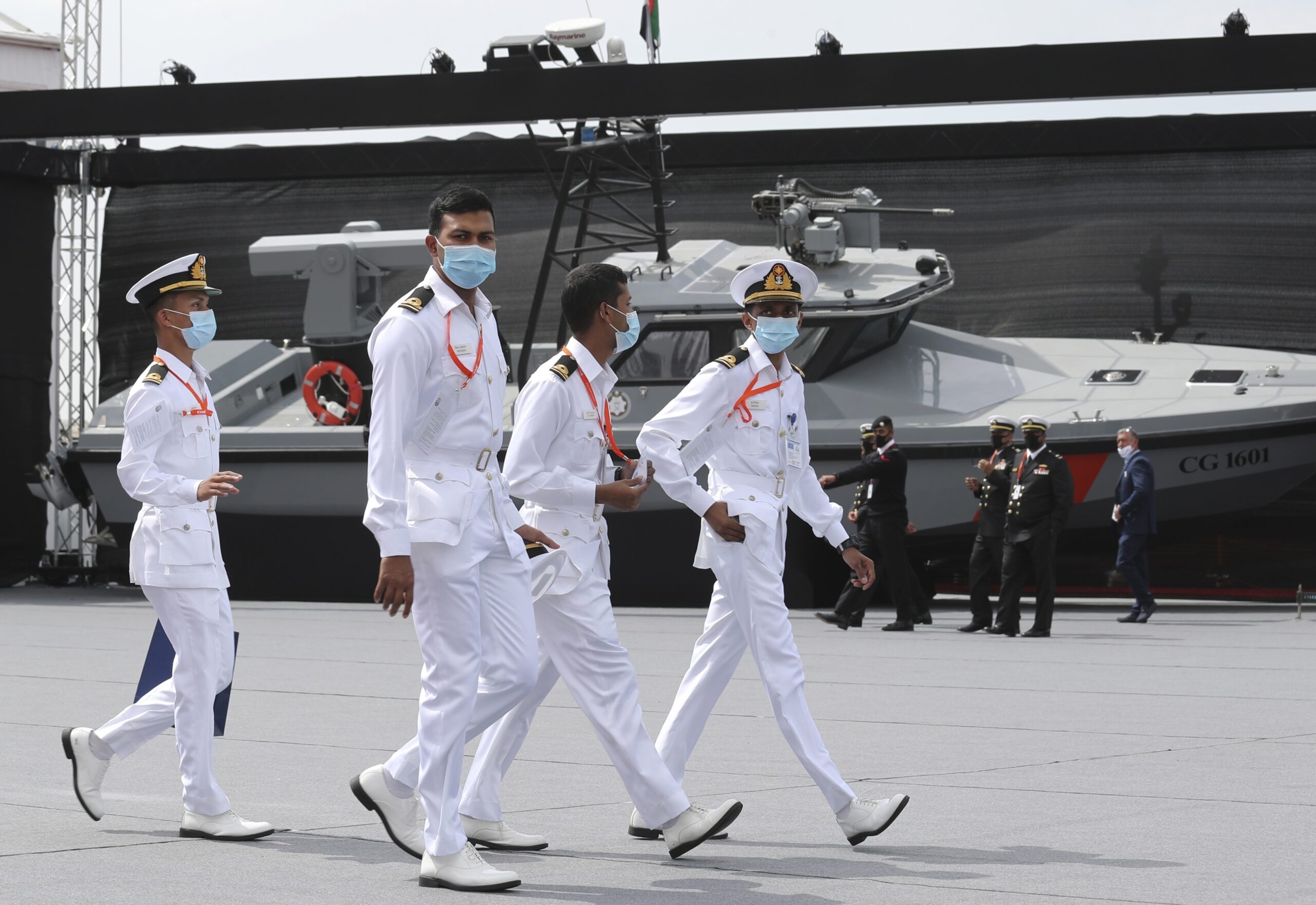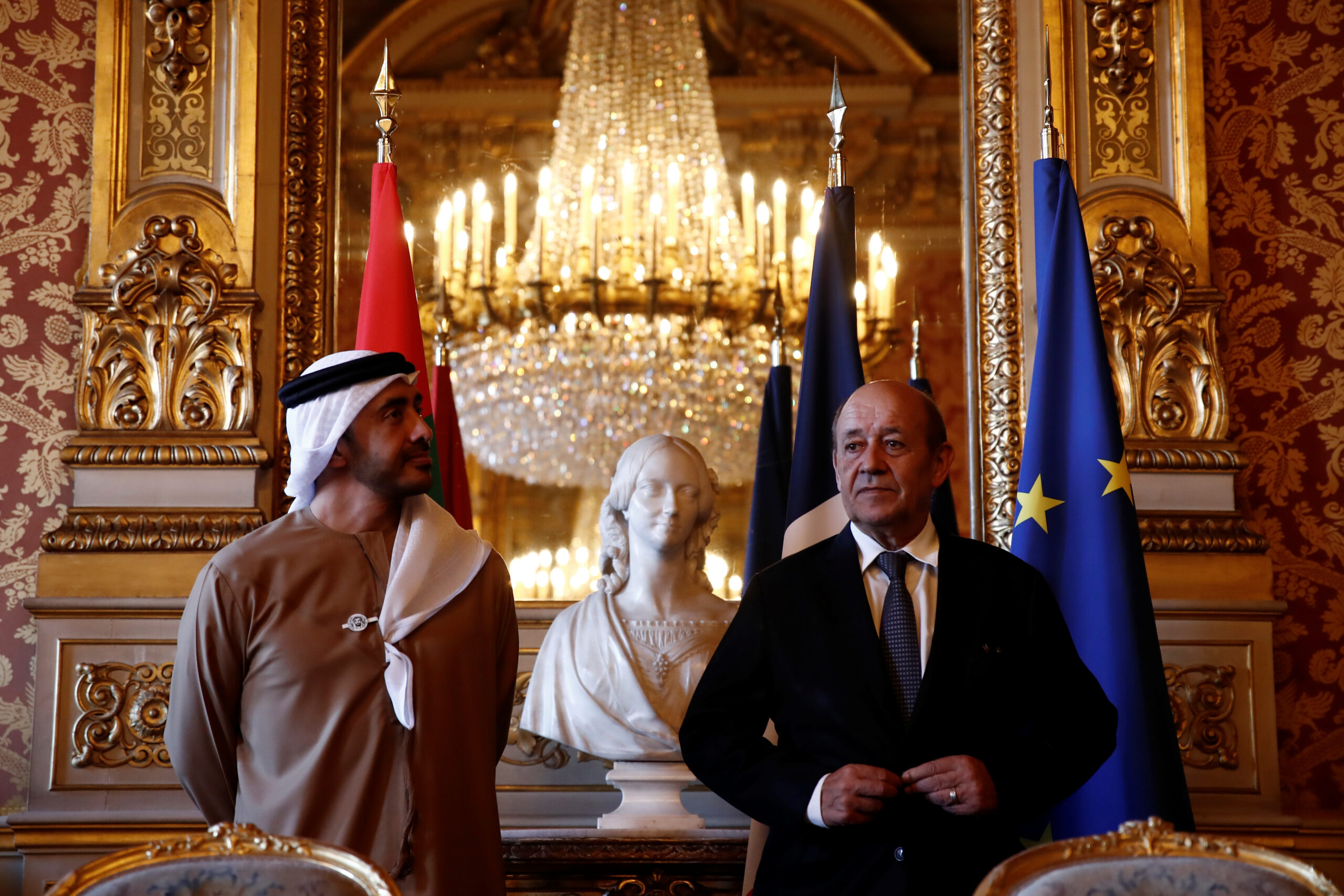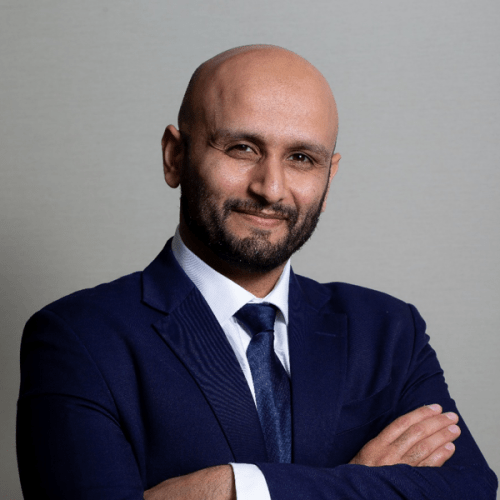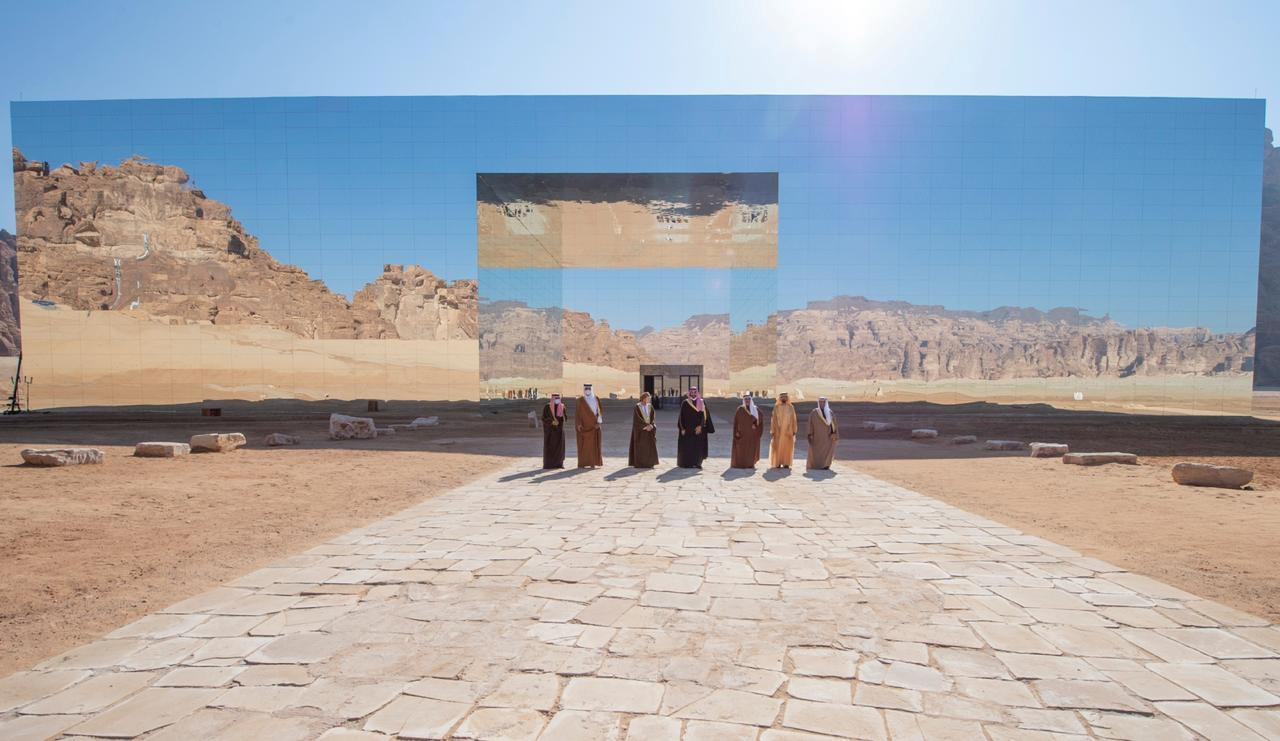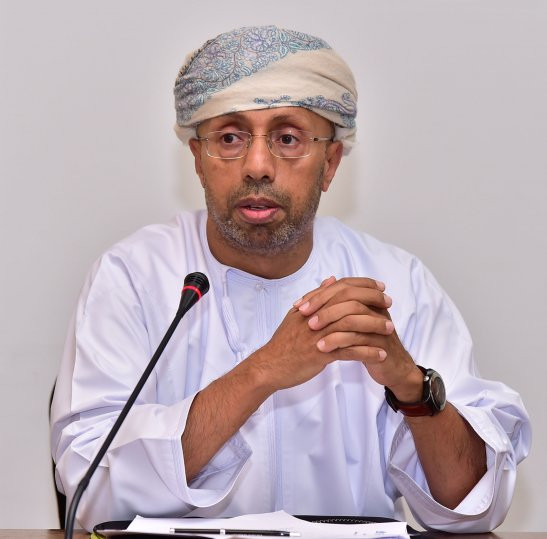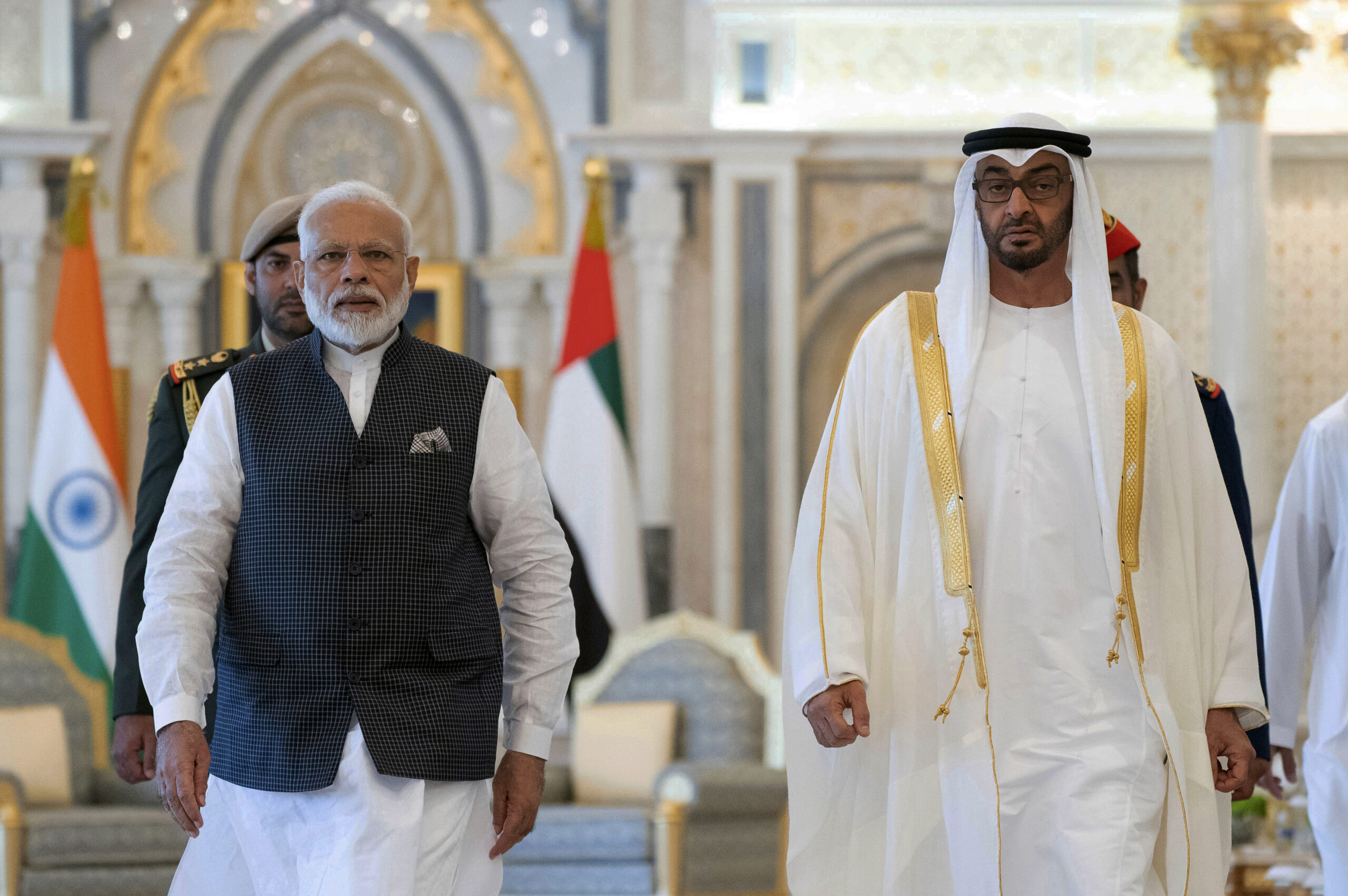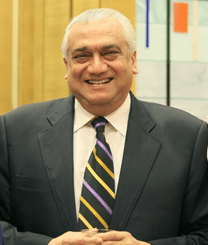The United States is Ready for Teamwork in the Gulf
The new direction taken by the Biden administration might reopen the doors for the United States and European allies to cooperate to bring more security and stability to the Gulf region.
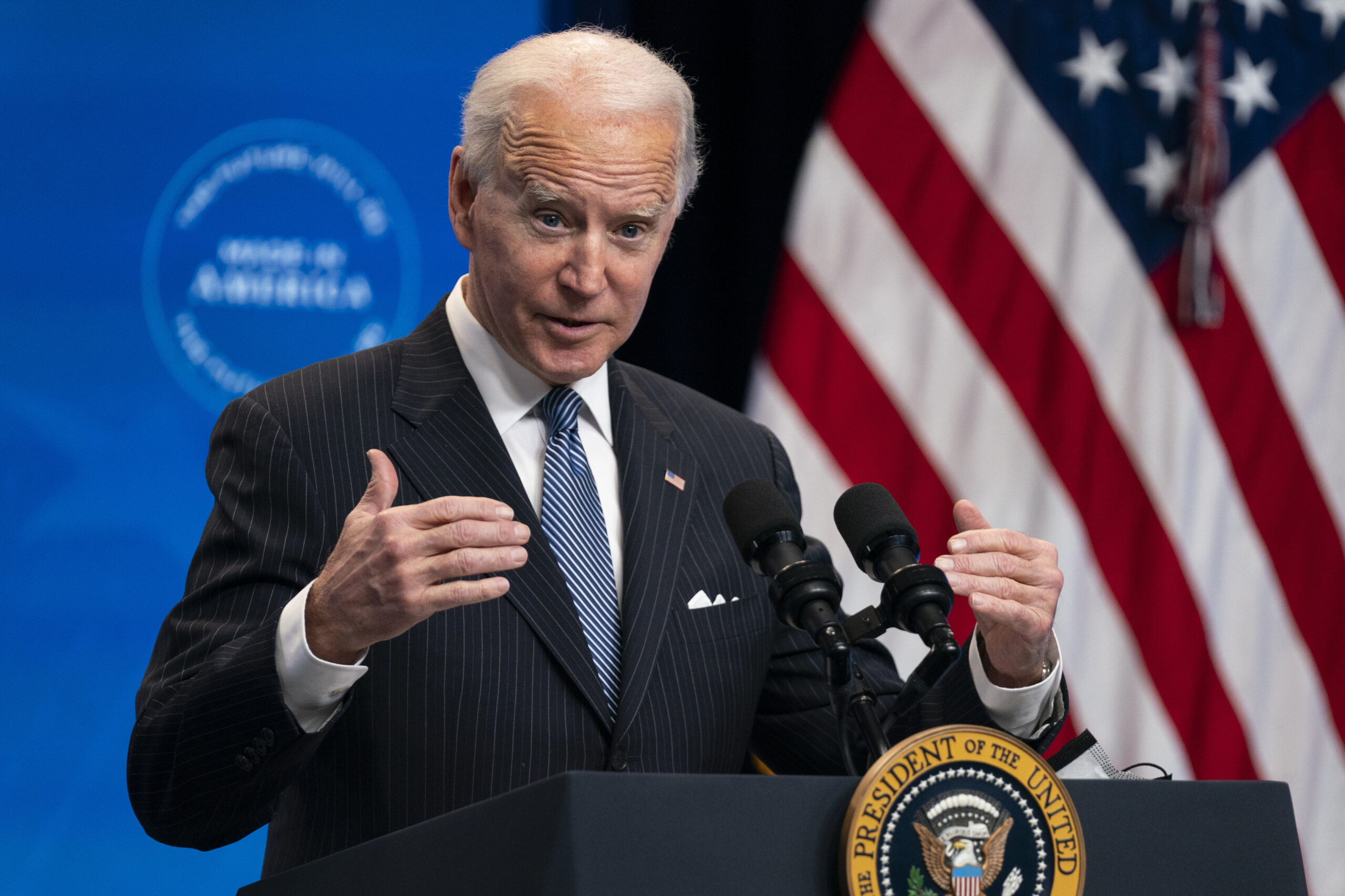
The administration of President Joseph R. Biden Jr. intends to deliver on its promise to bring the United States back into the global diplomatic game and return to multilateralism. This was clear on day one when the new administration rejoined the Paris Agreement on climate change and the World Health Organization. This fresh approach could have a significant impact on Gulf Arab states, signaling departures from the policies adopted throughout the presidency of Donald J. Trump, specifically regarding the Iran nuclear deal, Yemen, and arms sales to the region. On these three issues, the new direction taken by the Biden administration might reopen the door to teamwork, particularly with European allies.
On the campaign trail, Biden announced his intention to rejoin the 2015 Joint Comprehensive Plan of Action before working to negotiate a stronger deal with Iran. Biden has confirmed this objective as president and underlined that he would be discussing the issue with foreign partners, including the Europeans, indicating that there could be greater transatlantic alignment on Iran under this administration. On January 26, French Ambassador to the United States Philippe Etienne pointed to “very clear signs of working toward common action with the new administration,” for instance. After years of increased regional polarization largely fueled by the United States’ unilateral withdrawal from the Iran nuclear deal in 2018 and the “maximum pressure” campaign against Tehran, the new U.S. administration could resume a more multilateral and incremental approach welcomed by many of the actors involved in the JCPOA – provided Iran and the United States solve their “You Go First” dilemma.
The best overview of what this approach entails can perhaps be seen in what Jake Sullivan, national security advisor to Biden, wrote in an article co-authored with Daniel Benaim, the new deputy assistant secretary for the Gulf region at the State Department, in May 2020. They discussed a “phased approach” under which “the United States would immediately reestablish nuclear diplomacy with Iran and salvage what it can from the 2015 nuclear deal.” They continued, suggesting that the United States would then work with the five permanent members of the United Nations Security Council and Iran “to negotiate a follow-on agreement. In parallel, the United States and its partners would support a regional track.” Such a multifaceted approach would not only appease the parties to the existing JCPOA but also help address what United Arab Emirates Minister of State for Foreign Affairs Anwar Gargash recently reiterated as one of the biggest “failures” of the deal in the eyes of the Gulf Arab states: the “absence of a regional voice therein.”
The Biden administration has identified putting an end to the conflict in Yemen as an early foreign policy priority. Surely enough, it has already started navigating around the thorny parting gift the Trump administration left behind: the designation of the Houthi movement as a foreign terrorist organization, which was announced by then-Secretary of State Mike Pompeo 10 days before Biden’s inauguration. Following that move, representatives from several countries, including France, expressed “serious concern about the possible humanitarian impact of the recent United States’ decision” during a U.N. Security Council videoconference. On January 25, the U.S. Department of the Treasury authorized most financial transactions with the Houthis for the next month, delaying the effects of the designation. In the meantime, the State Department announced on January 22 that it is reviewing the designation.
Moving forward, the new administration might look to distance the Yemen issue from the heated rhetoric against Iran, put its weight behind collective efforts to have the Yemeni parties engage in negotiations under the U.N. special envoy’s auspices, and refocus U.S. efforts in Yemen on its counterterrorism mission. In parallel, the new administration will look to deliver on its stated objective to quickly end support for the Saudi-led intervention in Yemen. Given the continued international legitimacy granted to the coalition by U.N. Security Council Resolution 2216 from 2015, any significant policy shift from the new U.S. administration would likely be part of a collective action with European allies to draft a new resolution. More immediately, the Biden administration has begun reviewing arms sales to Saudi Arabia and the UAE.
Putting arms sales to the Gulf Arab states under additional scrutiny was another stated priority of the Biden team. During Biden’s campaign, Antony Blinken, now secretary of state, expressed concerns about the commitments that the Trump administration made as part of a deal to sell F-35 fighter jets to the UAE, and Biden more broadly promised a review of U.S.-Saudi relations. On January 27, the new administration seemingly moved forward with these objectives, announcing a temporary freeze on arms sales to Saudi Arabia and the UAE and pledging to review a set of deals signed by Trump. This is also an area where the United States and Europe could move closer to one another. In September 2020, the European Parliament passed a resolution urging an arms embargo on Saudi Arabia. Some European countries have (quietly) reduced their arms exports to Gulf countries or otherwise shifted the focus away from this dimension of their bilateral relations with regional partners.
The announced freeze should not, however, be interpreted as too dramatic a shift – the move was qualified by officials as a “routine administrative action typical to most any transition.” In the case of the F-35 deal, for example, the main issue put forward by then-campaign advisor Blinken was the necessity to maintain Israel’s qualitative military edge. Given that Tel Aviv already made clear that it would not object to the deal, this pause will likely be short lived, and there will be a return to the regular process – which is extremely slow anyway. As a tweet by regional arms and security expert David Des Roches notes, the F-35 program itself is progressing so slowly that there is no need to put a hold on it: Already, no airplanes will be delivered before 2027. In the meantime, the prospect of Biden putting weapons sales to the Gulf “on the back burner” may also help Washington and its European allies work together by removing the factor of the traditional competition between them in this field. Given traditionally robust U.S.-European competition for arms sales to the Gulf, the prospects for broader cooperation, beyond concerns over the war in Yemen, should not be oversold.
In September 2019, soon after attacks on Saudi Arabia’s Abqaiq and Khurais oil facilities, European powers delicately maneuvered to keep a door open to engage in a “pragmatic and incremental process intended to break the escalation of tensions” in the Gulf region – a move seemingly well received by their Gulf partners, concerned that a locked-and-loaded Trump might drag them into an all-out war with Iran. Many of Biden’s top foreign policy appointees have discussed de-escalation with Iran, taking an approach close to that of the Europeans, suggesting that the United States and Europe may cooperate in 2021 to bring more security and stability to the Gulf region.
While the door to greater teamwork on the Gulf seems pretty open, the Biden administration will have to think carefully about the impact of “great power competition” when it comes to its Middle East strategy. The Gulf Arab states have moved much closer to China and, to a lesser extent, Russia, since the presidency of Barack Obama, and the Gulf countries have been making the most of their attractive position amid a multipolar world. Trying to leverage them to disengage from Beijing and Moscow could thus create tensions for Washington’s recalibrated relations with the Gulf states and possibly complicate any U.S.-European cooperation.
The new administration will also need to contend with two Israeli-related issues likely to affect such collaboration on Gulf security: the Abraham Accords and Israel’s efforts to oppose any possible U.S. moves to rejoin the JCPOA and resume diplomacy with Iran. On the one hand, the Abraham Accords, normalizing relations between Israel and some Gulf countries, a development praised by Blinken as a significant foreign policy accomplishment of the Trump administration, could buttress the Biden team’s efforts at widening participation among regional partners to strengthen Gulf security. On the other hand, Israeli positions on Iran, the direct and forceful expression of which may have been bolstered by the Trump administration, are likely to represent a challenge for the new administration in its approach to Gulf security.
The views represented herein are the author's or speaker's own and do not necessarily reflect the views of AGSI, its staff, or its board of directors.


